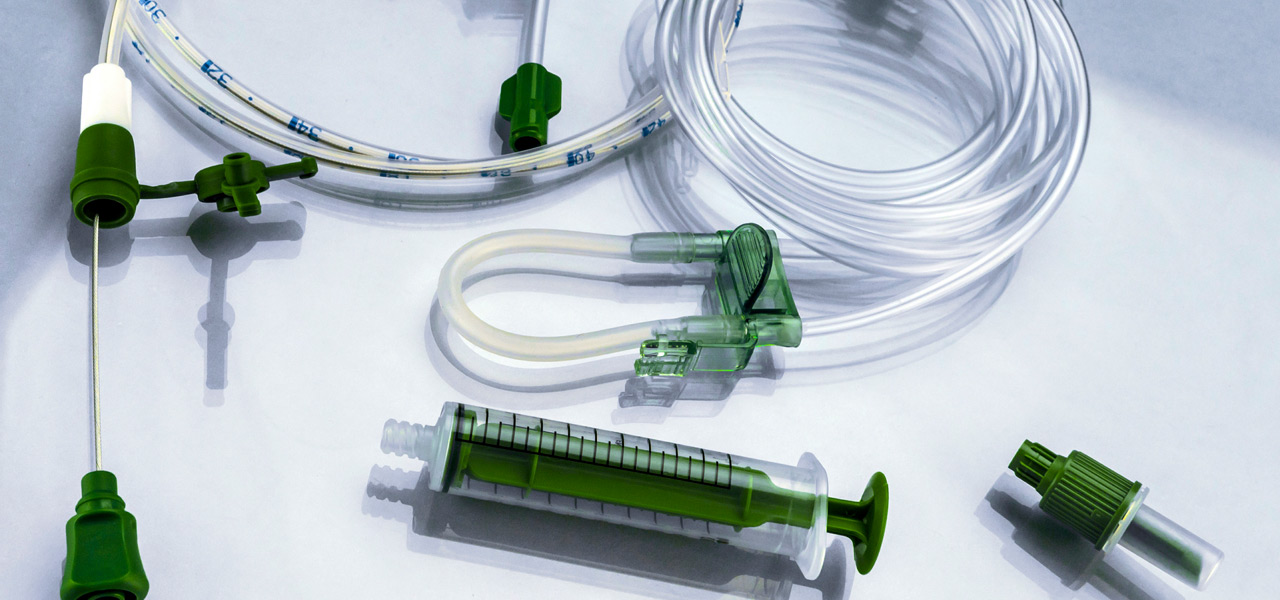

Total Parenteral Nutrition (TPN), also known as intravenous or IV nutrition feeding, is a method of delivering nutrition into the body through the veins. Patients who do not have a functioning GI tract or who have disorders requiring complete bowel rest may need TPN.
Who Needs TPN?
TPN uses vascular access devices like PICC lines to deliver all or most calories and nutrients through solutions that contain a mixture of protein, carbohydrates, glucose, fat, vitamins, and minerals.
Other vascular access devices that may be used to provide TPN include Peripheral Intravenous line, Midline, or Central lines with the Central Line being the most common access for TPN administration. Examples of common central lines include Hickman catheters, PICC lines, and Groshong catheters.
TPN can be administered in hospital or home settings and is typically given to patients with Crohn’s disease, cancer, short bowel syndrome, or ischemic bowel disease. Critically ill patients who are unable to receive nutrition orally for more than four days are also eligible for TPN.
Patients diagnosed with the following conditions may also need TPN:
- Diarrhea
- High-output fistula
- Intractable vomiting
- Paralytic ileus
- Severe pancreatitis

Ingredients in TPN
TPN typically requires a solution of water (30 to 40mL), energy (30 to 45kcal), amino acids, essential fatty acids (1 to 2kg), vitamins, and minerals. However, TPN solutions will be customized to meet each patient’s individual needs according to their age and organ function status.
For instance, patients with heart or kidney disorders may need a limited volume of liquid intake while those with respiratory failure require a liquid emulsion that provides most of the non-protein calories.
How to Properly Administer TPN
The healthcare professional begins by placing a central venous catheter in a large vein that goes directly to the heart and administering TPN.
Because the central venous catheter needs to remain in place to prevent further complications, TPN must be administered in a clean and sterile environment. Patients who are receiving TPN should have external tubing changed every day and dressings should be kept sterile and replaced every two days.
TPN is usually administered for 10 to 12 hours a day, five to seven times a week. Most TPN patients administer the TPN infusion through a pump during the night for 12-14 hours so that they are free of administering pumps during the day. TPN can be used in both the hospital and home setting.
Benefits And Risks of TPN
TPN delivers nutrients that play a key role in maintaining high energy, hydration, and strength levels.
Also, TPN will enable patients to heal quicker and feel more energized. Treatment is especially beneficial for children and teenagers because proper nutrition is key to healthy growth and development. It’s crucial for healthcare professionals to closely monitor patients receiving TPN for complications.
Brigent Specialty Pharmacy provides a range of TPN fluids to meet the physical health needs of patients. Each solution can be customized according to physician instructions.

